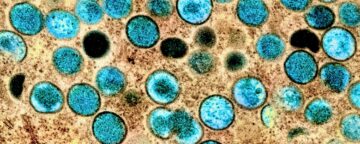An APPC report assesses the current state of civics education in community colleges and how it can be enhanced across the United States.


An APPC report assesses the current state of civics education in community colleges and how it can be enhanced across the United States.

An APPC survey reveals that most Americans do not know where their local cooling centers are in cases of extreme heat.

A paper co-authored by APPC Research Analyst Shawn Patterson Jr. shows that entertainment media can have important political consequences.

An APPC survey finds that Americans' knowledge about mpox and the likelihood to vaccinate against it has waned since the outbreak in the summer of 2022.

A new APPC study shows that witnessing prosocial behaviors makes policymakers more likely to support prosocial policies.

A comprehensive meta-analysis from a research team led by the University of Pennsylvania examines what types of vaccine intervention strategies have the greatest effect in increasing vaccination.

In a study, Annenberg researchers sought to uncover whether the threat of misinformation drives Americans to seek out news sources that reflect their own political beliefs.

A new report by APPC researchers on public confidence in U.S. courts finds that trust in the federal judiciary has waned in recent years.

An APPC survey finds only 1 in 4 U.S. adults often or always use a food thermometer when cooking and most are unsure of the right temperature to heat food to to prevent illness.